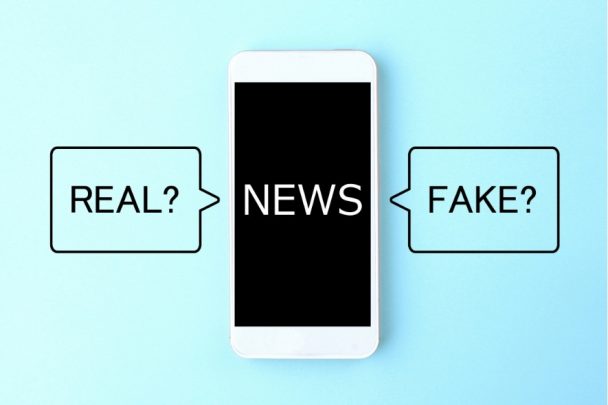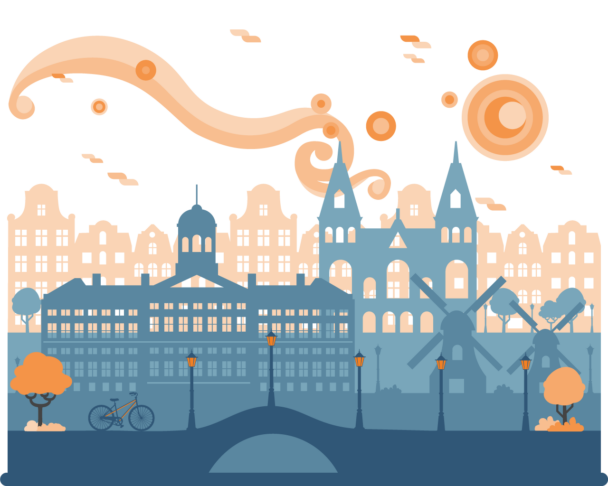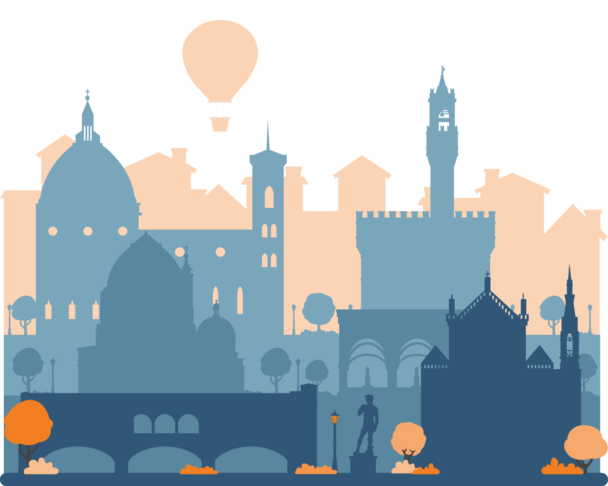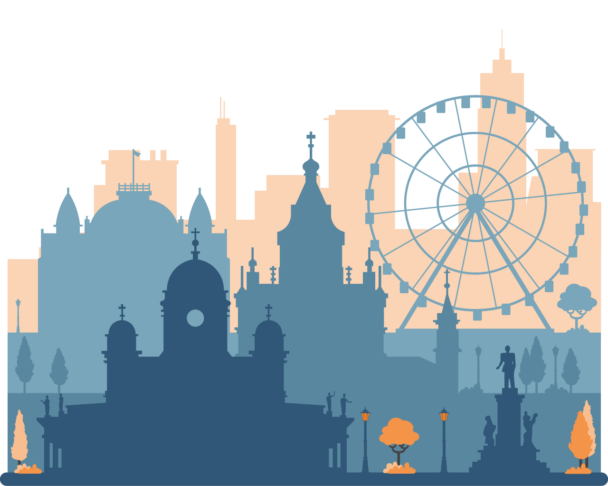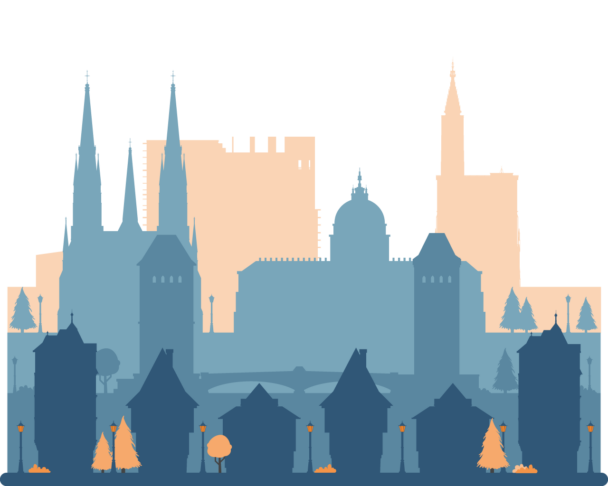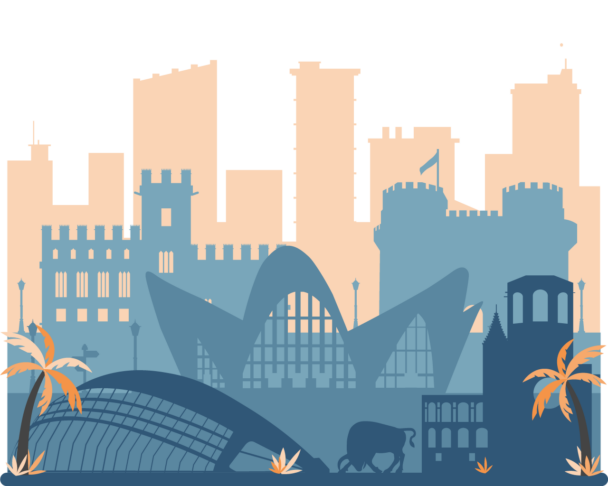Description
Basic Computer Proficiency required. Read more »
Basic computer proficiency courses are designed for individuals who have limited experience with technology. Participants will learn fundamental skills such as navigating the web, and using basic programs.
The amount of technology that fills our days was completely unpredictable just 15 years ago. As a consequence, some skills that historically were considered fundamental to learn in school have taken a back seat (memorizing facts, calculating something…) while new and dynamic critical faculties are needed to navigate this new digital landscape.
Digital media literacy refers to the ability “to Access, Analyze, Evaluate, Create and Act using all forms of communication.”
During this course, we are going to take a look at the history of media literacy but also at how the business around traditional and digital media works, and reflect on your role as media creator.
In the age where the majority of our information comes from social media, it’s more important than ever to make future generations aware of the mechanism behind the news system.
We will analyse and implement strategies to better recognize reliability of online sources.
We will explore issues connected to online privacy and advertisement, and reflect on how educational communities should deal with them.
We will devise solutions and design practical activities to effectively teach digital media literacy to our pupils, so that they become more aware information searchers and media consumers.
At the end of this course, you will be able to evaluate the credibility and quality of the media content you come across, you will understand the role of algorithms in your everyday life, and become a responsible content creator.
You will also develop the skills to be able to pass this content on to your students, creating activities that help them be literate when it comes to digital media!
What is included
Learning outcomes
Participants to the course will be able to:
- Understand the role of traditional and digital media;
- Being able to evaluate the quality of media;
- Understand the business side of media to be a more aware consumer;
- Learn why online privacy matters (even if you do nothing wrong!);
- Spot fake news!
- Create activities to help your students reflect on the role of digital media in their daily life;
- Being able to inspire a new, critical and aware way to consume media products.
Tentative schedule
Day 1 – An Introduction to Digital literacy
- Introduction to the course, the school, and the external week activities;
- Icebreaker activities;
- Presentations of the participants’ schools;
- Open discussion: how much do you know about the media?
- Introduction to the basic terms of communication theory.
Day 2 – Media literacy
- History of media literacy;
- The different ways of managing the influence on media in time;
- Algorithmic literacy.
Day 3 – Online contents and sources
- Evaluation of online content;
- How to be able to recognize accuracy and reliability of an online source;
- Practical activities and laboratory.
Day 4 – Privacy & Advertisement
- Online privacy: does it matter to you?
- New advertisement: what should we know? Where are we heading?
Day 5 – Laboratory
- Laboratory: together we will create activities to help your students reflect on the role of media in their everyday life and become responsible and critical media consumers.
Day 6 – Course closure and cultural activities
- Course evaluation: round-up of acquired competencies, feedback, and discussion;
- Awarding of the course Certificate of Attendance;
- Excursion and other external cultural activities.
